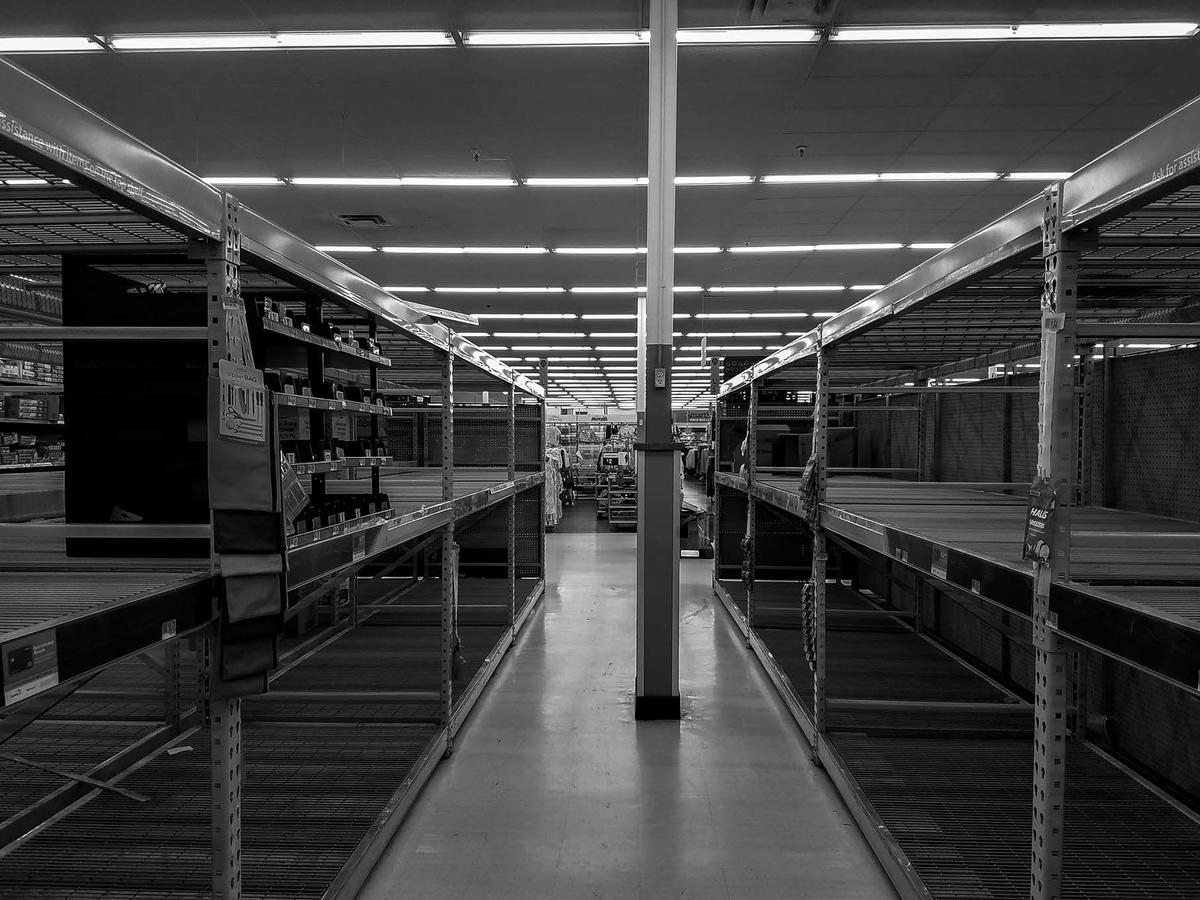The senseless death of George Floyd at the hands of a Minneapolis police officer has inflamed America just as we are trying to emerge from the horror of Covid-19. Protestors have been calling out systemic racism in our society and all too frequent brutality at the hands of law enforcement, who should be preserving public safety, not jeopardizing it. But the anger has intensified, given the disproportionate high contraction and mortality rates in communities of color and unemployment levels due to Covid-19, hunger and a sense of despair.
I listened to Edelman employees who gathered in a virtual meeting on Friday to discuss the recent events. I was particularly moved by a young woman who spoke of post-traumatic slave syndrome and her continued concern about the personal safety of her male friends and family members, and her own security in an America at war with itself. Our most senior African American executive, Lisa Ross spoke passionately about the need for Edelman to do better in its hiring and promotion of diverse talent in order to ensure that we have a voice in the ongoing discussion and to expand our impact.
Corporations have responded by speaking to their employees and communities. I am deeply moved by the note from Marvin Ellison, president and CEO of Lowe’s, an African American business leader. “I have a personal understanding of the fear and frustration that many of you are feeling. To overcome the challenges that we all face, we must use our voices and demand that ignorance and racism must come to an end…These are times when our character is tested and revealed…The best action we can take is to unite in solidarity and show that the legacy of racism and inequality has no place in our company, our hearts or in this world.” Two weeks ago, Lowe’s donated $25 million to fund minority-owned small business.
Brands have a fundamental responsibility to join this discussion and to be part of the solution. Most brands are reflections of our culture. To do that today means being brave enough to contribute to the change we need to see in culture and society. That means taking on these issues and being part of creating tangible solutions. Above all, to make progress, not promises.
Brands also have a fundamental role as purveyors of quality information. There is so much distortion and inaccuracy on social media based on image impressionism and provocative commentary. Brands reach consumers where they live, in real-time, to enable conversation. Marketing dollars should be used to educate and compel people to evolve.
Two Unilever* brands have already been leading in this space. Shea Moisture has created a fund that gives money to small businesses owned by women of color. Ben & Jerry’s has supported the NGO Color of Change that has been fighting for criminal justice reform. The ice cream company also has a values-led hiring process that removes barriers to employment. Esi Eggleston Bracey, EVP and COO North America Beauty and Personal Care at Unilever* believes it is incumbent upon brands to get involved. “Racism and violence are human issues and not political ones,” she said. “Brands have every reason to be involved in the human issues.”
This morning I spoke to Pastor Corey Brooks, founder of Project Hood, which is seeking to rebuild the Englewood section of Chicago. He was on his way downtown to work with volunteers to clean up the Loop area, where stores such as Macy’s, Walgreens and Nike were looted and defaced. “I need business partners to help people to earn wages. We need job training, funding for small business and commitment to food security. Help us tell our success stories and inspire others.”
Consumers are holding brands accountable for their actions and expect them to deliver on the promises and pledges they are making. Two-thirds of consumers globally now self-identify as belief-driven buyers. They are exercising brand democracy, supporting those products that stand with them on important issues. One-third of consumers have changed to products that distinguished themselves during the worst of the Covid-19 lockdown. Brands must continue to communicate but must also offer solutions instead of selling.
On Friday during the call with Edelman colleagues, I said that I would spend the coming weeks finding ways for our clients to become involved. We will also commit to supporting more local NGOs across America as we have done with Project Hood in Chicago, with a financial commitment of pro bono time equivalent to that which we are giving to the Gun Safety Alliance. I promise that we will hire more diverse senior executives within the next year, to continue to change the face of our company in service of our clients. To all Edelman, Zeno and UEG employees—Black and all races—know that I stand with you in condemning injustice, that I dream of an America that embraces the best of the human spirit.
I know that Edelman can and should do more. Here are my promises, but please know that we will always continue to evolve, improve and accelerate our efforts:
- Accelerate and fully commit to diverse hiring
- Double our purchase spend with minority-owned small business
- Provide additional diversity and inclusion training for all employees
- Continue to encourage our clients to be more directly involved in action
- Redouble our efforts on behalf of local NGOs that serve diverse communities
- Work with affected cities and under-resourced communities and attract investment to distressed areas
- Task our senior leaders to serve on diverse and local community NGO boards
- Use our creative power for good and take on assignments that make change in the social construct
- Select a pro-bono partner to advance racial equality and inclusion in the U.S., just as we did with the Gun Safety Alliance last year
- Continue to monitor our progress and hold ourselves accountable through global workforce and other surveys, as well as manager performance reviews
Richard Edelman is CEO.
* Edelman client




